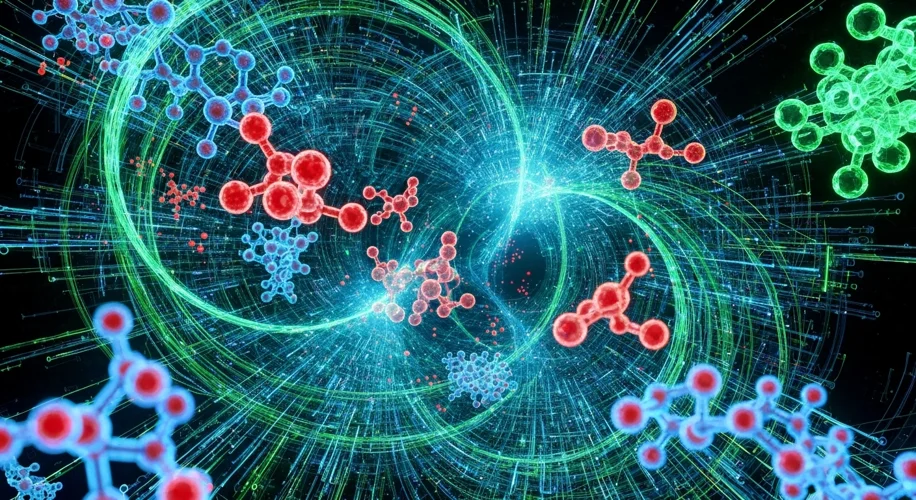Did you know that the bacteria causing common infections are becoming increasingly resistant to the drugs we rely on? This is a serious challenge for global health, as it means infections that were once easily treated could become life-threatening.
But there’s some really exciting news on the horizon. Researchers are now using Artificial Intelligence (AI), specifically generative AI, to design new antibiotics. This technology is showing incredible promise in tackling some of the toughest drug-resistant bacteria out there, like MRSA (Methicillin-resistant Staphylococcus aureus) and the bacteria responsible for gonorrhea.
Think of it like this: traditional methods of discovering new antibiotics can be slow and often hit dead ends. It’s like searching for a needle in a haystack. Generative AI, on the other hand, can sift through vast amounts of data and learn the complex patterns that make a molecule effective against bacteria. It can then design entirely new compounds, essentially creating that needle from scratch with a much higher chance of success.
One of the key breakthroughs involves deep learning techniques being applied to understand the archaeal proteome. Archaeal are single-celled organisms that live in extreme environments, and they possess unique biological mechanisms. By studying these organisms, scientists are uncovering novel antibiotic compounds that could be effective against resistant bacteria.
What does this mean for us? It suggests we might be entering what some are calling a ‘second golden age in antibiotics.’ For decades, the pipeline for new antibiotics has been running dry, while bacteria have continued to evolve. This AI-driven approach offers a powerful new tool to replenish that pipeline and stay ahead of evolving superbugs.
It’s fascinating to see how advancements in technology, like AI, can be applied to solve critical real-world problems, especially in health. This research is a testament to the ingenuity of scientists and the potential of AI to accelerate discovery in ways we’re only beginning to understand. It’s a hopeful sign that we’re developing new ways to combat these persistent threats.

